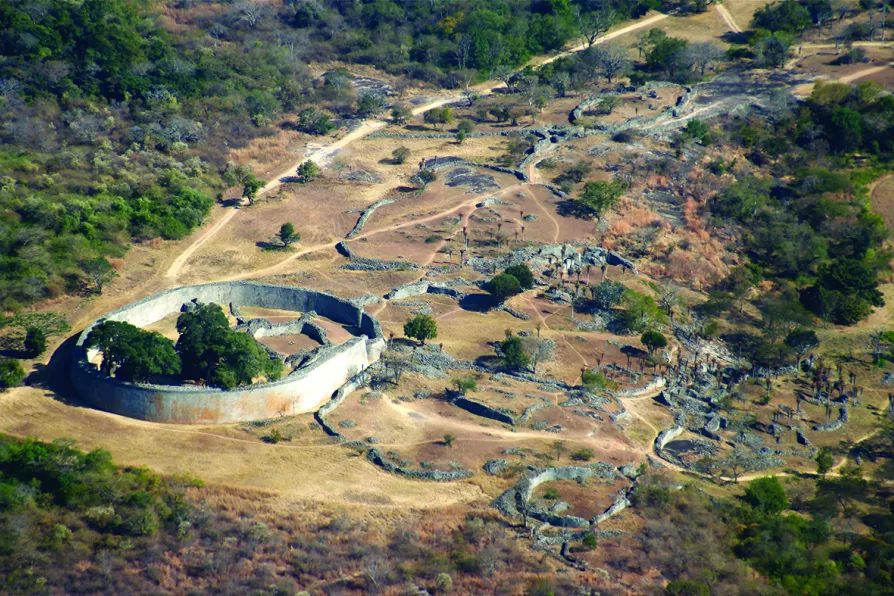John Wojcik pays tribute to a black US activist who spent six decades at the forefront of struggles for voting rights, economic justice and peace – reshaping US politics and inspiring movements worldwide

 An aerial view of the wall of the great enclosure of Great Zimbabwe
[Janice Bell / Creative Commons]
An aerial view of the wall of the great enclosure of Great Zimbabwe
[Janice Bell / Creative Commons]
THE recent publication of The Dawn of Everything, written by archaeologist David Wengrow and the late anthropologist David Graeber, has prompted debate about the history of human societies.
Graeber and Wengrow argue that popular ideas about what happened in “prehistory” are wrong. It is often assumed that human history has been a linear progression: from small egalitarian bands of hunter-gatherers to farming, to ever-larger societies and eventually “real” civilisation.
The political implication of this view is that, while some sort of small-scale communism was possible in these “pre-political” egalitarian bands, the increasing size of societies led inexorably to inequality and hierarchies.
This political implication, set out memorably by Rousseau, is incorporated into many political views, ranging from the “Enlightenment Now” defence of modernity offered by Steven Pinker to (some) Marxist conceptions of the history of the world before capitalism.

STEVE ANDREW enjoys an account of the many communities that flourished independently of and in resistance to the empires of old












